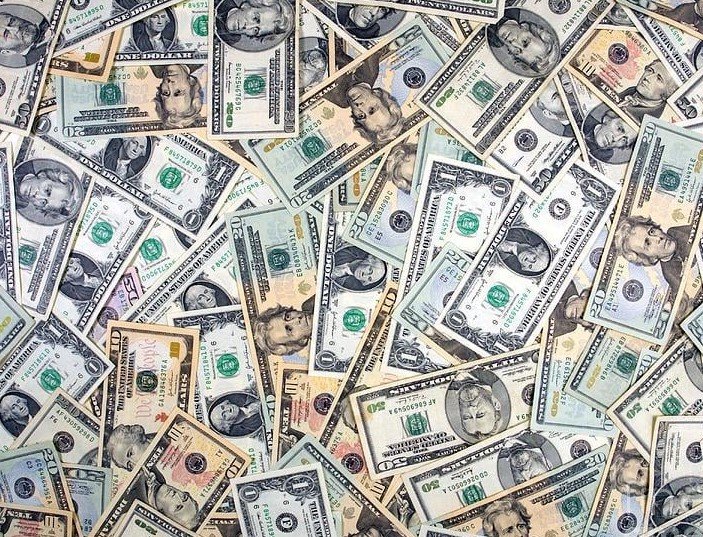In a startling turn of events, “dark money” groups and shell companies are poised to funnel more undisclosed funds into the 2023-2024 election than ever before. These shadowy contributions, often hidden behind layers of anonymity, have raised concerns about transparency and accountability.
The Rise of Dark Money
In 2023 alone, shell companies and dark money groups injected over $162 million into political entities such as super PACs. This surpasses the level of dark contributions seen at the same point in any prior election cycle. Since the Supreme Court’s Citizens United v. FEC decision in 2010, OpenSecrets has tracked more than $2.8 billion in dark money spending and contributions reported to the Federal Election Commission (FEC).
While federal campaign finance law mandates that political committees, including super PACs, disclose their donors to the FEC, the ultimate source of funding can remain concealed. Contributions from shell companies or dark money groups—such as 501©(4) nonprofits that do not reveal their donors—create a veil of secrecy.

The Hidden Influence
During the 2022 election, federal political committees reported receiving $616.8 million from such undisclosed donors, marking a record for any midterm cycle. But this election cycle, contributions from dark money groups and shell companies are outpacing all previous elections. The total may even surpass the approximately $660 million in contributions from unknown sources during the 2020 elections—a cycle that witnessed over $1 billion in total dark money, including political ad spending.
Yet, there’s more. Dark money flowing into federal elections often evades disclosure altogether. 501©(4) nonprofits, which shield their donors, reported less than $25 million in spending to the FEC during the entire 2022 election cycle—the lowest total since the Citizens United decision.
The Gray Area
As dark money proliferates, a related phenomenon emerges: “gray money.” Super PACs, required to disclose their donors, receive funding—partially or wholly—from entities like dark money groups and shell companies. The ultimate source of funding remains shrouded, blurring the lines of influence.
Democrats Lead the Way
Super PACs and other political committees supporting Democrats have reported approximately $85 million in political contributions from dark money groups and shell companies during the 2024 cycle. Meanwhile, political committees supporting Republicans have reported about $74 million. This trend continues a pattern where Democrats benefit from more dark money than Republicans, a trend observed in the past few election cycles.
As the 2024 elections unfold, the question remains: How much more dark money will flood the political landscape, and what impact will it have on our democracy?

Comments